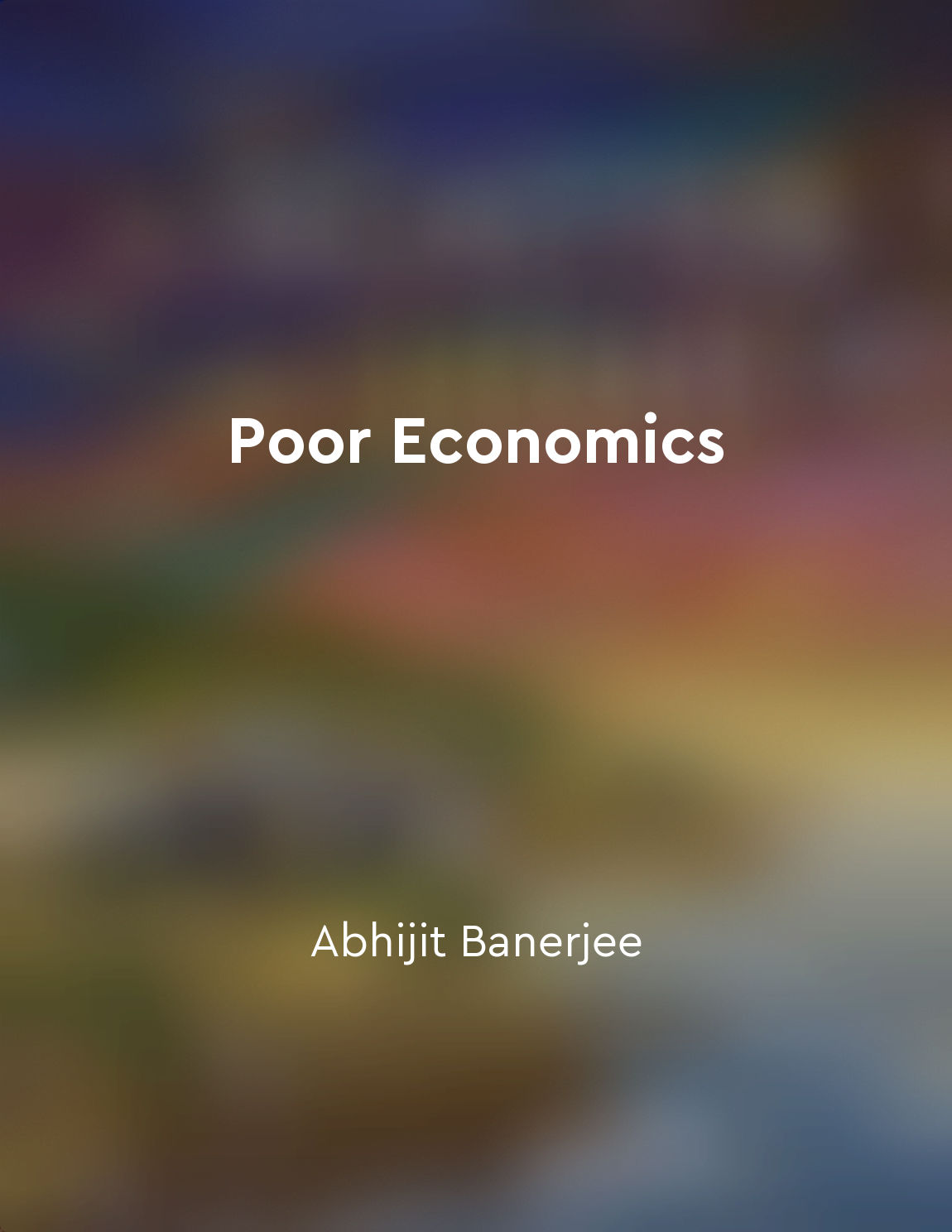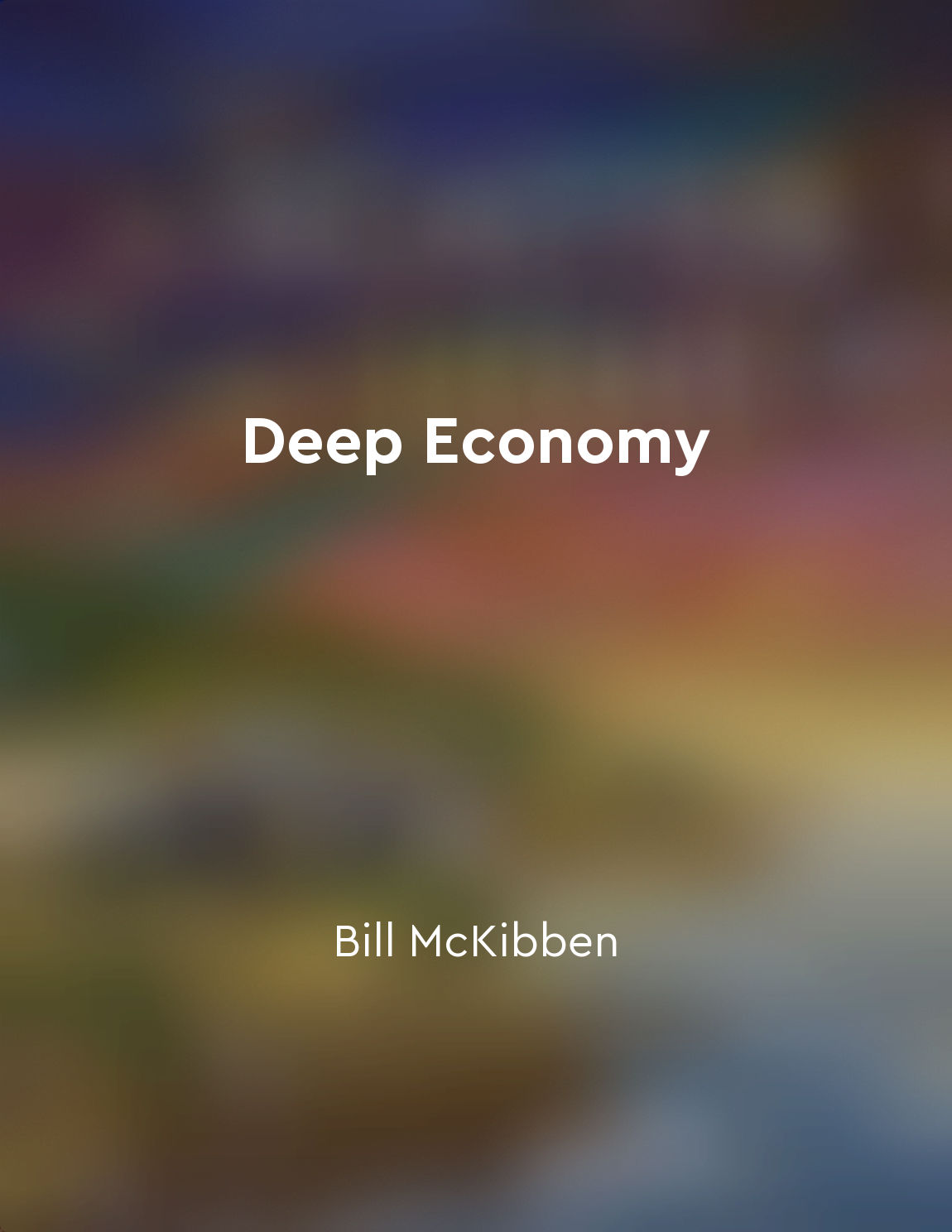Supporting smallscale farmers ensures a more equitable food system from "summary" of Breaking Through Concrete by David Hanson,Edwin Marty
Small-scale farmers play a crucial role in our food system. By supporting these farmers, we can ensure a more equitable distribution of resources and opportunities within the agricultural sector. When we invest in small-scale farmers, we are not only supporting local economies but also promoting sustainable farming practices that benefit the environment and communities. Small-scale farmers often face challenges such as lack of access to resources, markets, and infrastructure. By providing support to these farmers, we can help level the playing field and create a more inclusive food system. This means ensuring that small-scale farmers have access to land, water, seeds, and other essential resources needed to grow their crops. In addition to providing resources, supporting small-scale farmers also means creating market opportunities for their products. By connecting small-scale farmers to local markets, we can help them earn a fair price for their products and strengthen the local food economy. This not only benefits the farmers but also the consumers who can access fresh, locally produced food. Furthermore, supporting small-scale farmers can help address issues of food insecurity and hunger. By investing in local food systems, we can increase access to nutritious food for communities that may not have access to fresh produce. This can help improve public health outcomes and reduce disparities in food access.- Supporting small-scale farmers is not just about agriculture; it is about creating a more just and equitable food system. By investing in small-scale farmers, we can promote sustainability, support local economies, and ensure that everyone has access to healthy, affordable food. This is essential for building a more resilient and equitable food system for future generations.
Similar Posts
Transparency and accountability are essential for building trust in agricultural technologies
Transparency and accountability in the agricultural sector are crucial for fostering trust in the technologies being developed ...

Poverty traps prevent individuals from escaping poverty
Poverty traps are like quicksand, pulling individuals down and preventing them from climbing out of poverty. Once people are st...
Cultural factors can influence economic development outcomes
Cultural factors play a crucial role in shaping the outcomes of economic development efforts. These factors can either facilita...
Significance of human capital in economic development
Human capital refers to the knowledge, skills, and abilities possessed by individuals that contribute to their economic product...
Be wary of marketing messages
Marketing messages are all around us, bombarding us from every possible angle. They infiltrate our screens, our streets, and ev...

Technology is not always the answer
In the quest for solutions to our environmental and social challenges, our default response has often been to turn to technolog...

Climate change impacts food production
Climate change is a formidable force that is disrupting the delicate balance of our planet. One of the most significant impacts...
Eat mostly plants for optimal health
One straightforward piece of advice is to eat mostly plants. This is not just an abstract idea; it has concrete implications fo...
Artificial sweeteners should be avoided
Artificial sweeteners are often touted as a healthier alternative to sugar, but the truth is they can actually be harmful to ou...

Listen to your body
When it comes to figuring out what to eat, there's one key piece of advice that I always give: listen to your body. Your body i...

